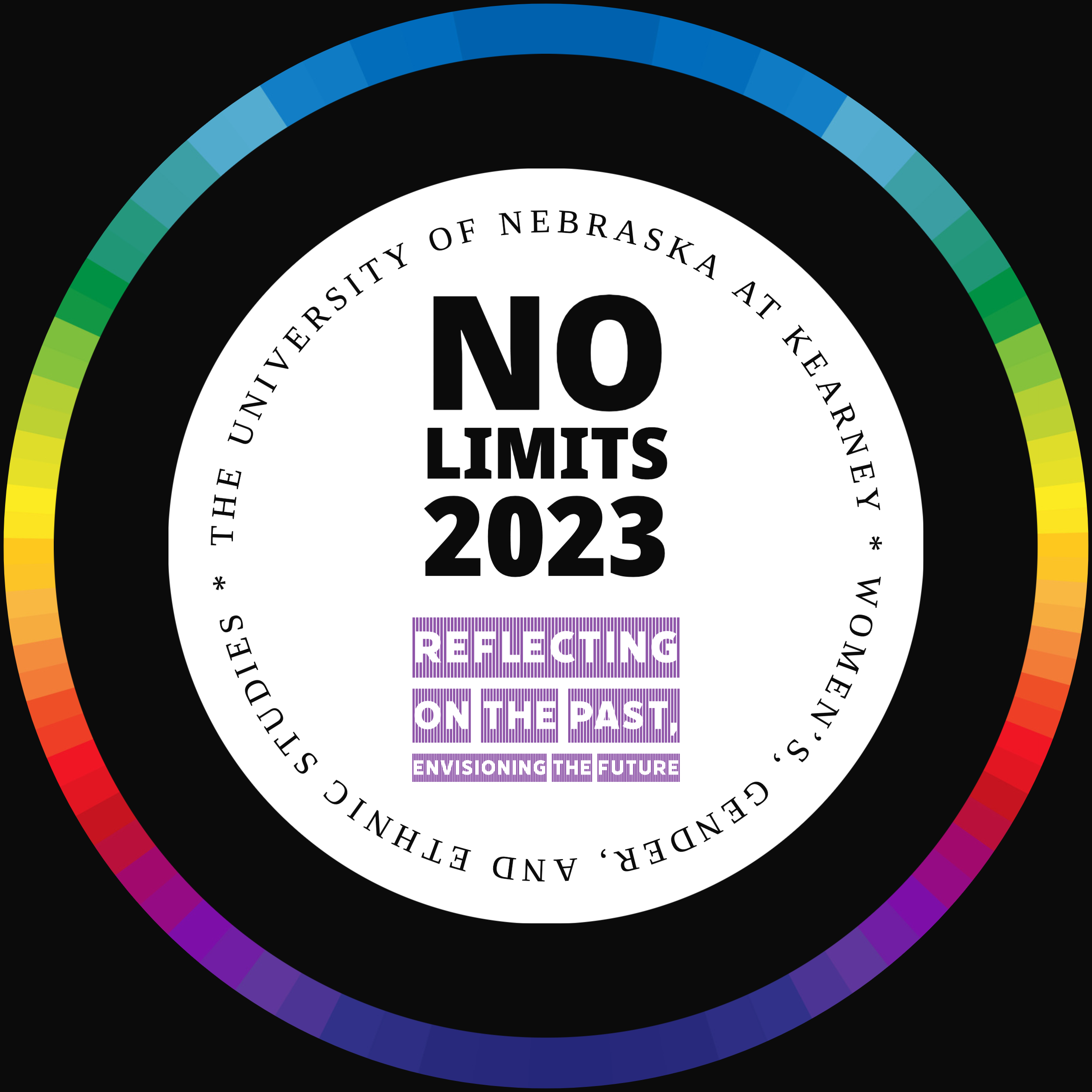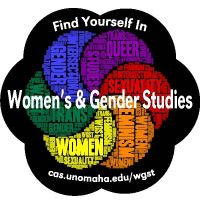Is the future polyamorous?
Location
Ponderosa Room C
Presentation Type
Presentation
Presentation Topic
Relationships, Human Connection, Queer Theory, History, Societal Structures, Norms, Possibilities, Liberation
Start Date
3-3-2023 1:25 PM
Event Sort Order
30
Abstract
From 1960s free love to attachment-style polyamory podcasts, the popular conception of ethical non-monogamy has varied in the US in the last 60 years. With the rise of the internet, alternative relationship styles are now more openly discussed than any time in American history. Counterculture movements have been connected to ethical non-monogamy throughout its recorded history. Anti-Vietnam-War efforts and an increase in the population of the student left in the 1960s led to underground papers in nearly every town, and self-published 'zines increased around the same time. While the hippie movement faded after the 1960s, the counterculture movement stayed alive with noted examples in the punk scene of the 1970s and beyond. In 1997, Dossie Easton and Janet Hardy published The Ethical Slut, one guide to navigating polyamory that is still referenced today. In 2020, another prominent writer named Jessica Fern came out with a book titled Polysecure: Attachment, Trauma and Consensual Nonmonogamy. In addition to the already expansive range of literature, queer writers and polyamory advocates like Clementine Morrigan and Leanne Yau speak out daily on social media about ethical non-monogamy. Podcasts like Multiamory and Making Polyamory Work provide further insight into navigating the emotions and situations that may arise when practicing this relationship style. Many ethical non-monogamists value recognition of and often deconstruction of unhelpful power dynamics and imbalances in relationships and society as a whole. The umbrella term ethical non-monogamy covers a wide variety of practices, but especially in queer circles one thing they have in common is that they are all inherently a resistance to a both hetero- and mono-normative culture. This culture is connected to and stems from patriarchal understandings of Christianity. This presentation will provide resources to those practicing or interested in ethical non-monogamy, talk about the connections to historical religion, as well as provide an abbreviated history of polyamory in America and its connection to countercultural literature, especially in queer spaces. Reflecting on the history of the alternative ways love can be expressed lets us look into the future with a compassionate and curious lens.
Is the future polyamorous?
Ponderosa Room C
From 1960s free love to attachment-style polyamory podcasts, the popular conception of ethical non-monogamy has varied in the US in the last 60 years. With the rise of the internet, alternative relationship styles are now more openly discussed than any time in American history. Counterculture movements have been connected to ethical non-monogamy throughout its recorded history. Anti-Vietnam-War efforts and an increase in the population of the student left in the 1960s led to underground papers in nearly every town, and self-published 'zines increased around the same time. While the hippie movement faded after the 1960s, the counterculture movement stayed alive with noted examples in the punk scene of the 1970s and beyond. In 1997, Dossie Easton and Janet Hardy published The Ethical Slut, one guide to navigating polyamory that is still referenced today. In 2020, another prominent writer named Jessica Fern came out with a book titled Polysecure: Attachment, Trauma and Consensual Nonmonogamy. In addition to the already expansive range of literature, queer writers and polyamory advocates like Clementine Morrigan and Leanne Yau speak out daily on social media about ethical non-monogamy. Podcasts like Multiamory and Making Polyamory Work provide further insight into navigating the emotions and situations that may arise when practicing this relationship style. Many ethical non-monogamists value recognition of and often deconstruction of unhelpful power dynamics and imbalances in relationships and society as a whole. The umbrella term ethical non-monogamy covers a wide variety of practices, but especially in queer circles one thing they have in common is that they are all inherently a resistance to a both hetero- and mono-normative culture. This culture is connected to and stems from patriarchal understandings of Christianity. This presentation will provide resources to those practicing or interested in ethical non-monogamy, talk about the connections to historical religion, as well as provide an abbreviated history of polyamory in America and its connection to countercultural literature, especially in queer spaces. Reflecting on the history of the alternative ways love can be expressed lets us look into the future with a compassionate and curious lens.






Presenter Bio
Sam Royka is a Professional Media major double minoring in Interpersonal Communications and History at the University of Central Oklahoma. They are a Senior hoping to move towards an internship at a local zine distribution company. Interests include relationship theory and human connection. They also collect rocks!